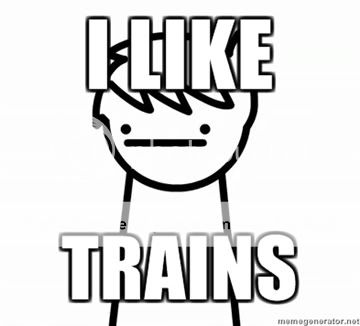It is as if you are deliberately missing the point.
It's called "disagreement."

<Tongue in cheek>
You Ni types always seem to think that if only the other person
truly understood what you said, there would be no room for disagreement, because the truth would be obvious to you both!
</Tongue in cheek>
I have no way of knowing whether there is any circleness in the donuts here presented. Neither, I take it, do you. What is a real enlightened being like? I am sure there are some who think they are enlightened or thought of by other as such. Will lining them up and see what they have in common answer the question? I think it will not. I think the concept of enlightenment is far too woolly for that.
So, if someone asks, my awareness of the problem and the questioner's apparent lack thereof leads me to refer them to a definition of enlightenment rather than to my personal gallery of allegedly wise people.
So your problem is that the concept of "Ni" is far too wooly to demonstrate by example? I disagree. "Enlightenment," however, is, if only because there's a significant value judgment involved.
Also keep in mind that Ni is an attempt to describe something Jung saw, but for which he had no vocabulary to describe explicitly. In the case of a circle, we have an entire framework of vocabulary. In the case of enlightenment, we have perhaps too much contradictory vocabulary.
Because the concept of Ni is originally based on observation, the purpose of the OP is to determine what it was, exactly, that Jung was observing. We cannot rely upon Jung's words alone. It would have been helpful if he had videos of his sessions, and when he saw Ni, he could say, "There, see that? That's Ni," the same way one might say, "See this? This is an apple." The next best thing is to do that for ourselves. Of course, the results of such discussion aren't definitive, and that's kind of the point: it's not to refine the definition, but to collect observations with the aim of discerning what it is we're observing. If the definition were enough, we'd just point at the definition and say, "Next question." The definition isn't enough, which is why the question is apropos.
Even in the case of an apple, there are very many varieties of apple that don't look or taste exactly the same, but if you can show them to someone else and let them see and taste each variety, we can agree based upon mutual observations that they're all this abstract concept of "apple." The primary difference between "apple" and "Ni" is that "apple" is a representation of a concrete object that we can directly sense, while Ni is more of a behavior, a phenomenon, like electrical charge ... invisible, but definitely there.
It also helps to note that while perhaps more easily understood than Ni, the definitions of the other functions are just as difficult to pin down. We can explain what they "look like" (in terms of personality), but because the instantiation of a function is what it "thinks like", we can't explicitly define it in a concrete way, because the topic of how we think is so very subjective.




 ...Any INFJs here?
...Any INFJs here?